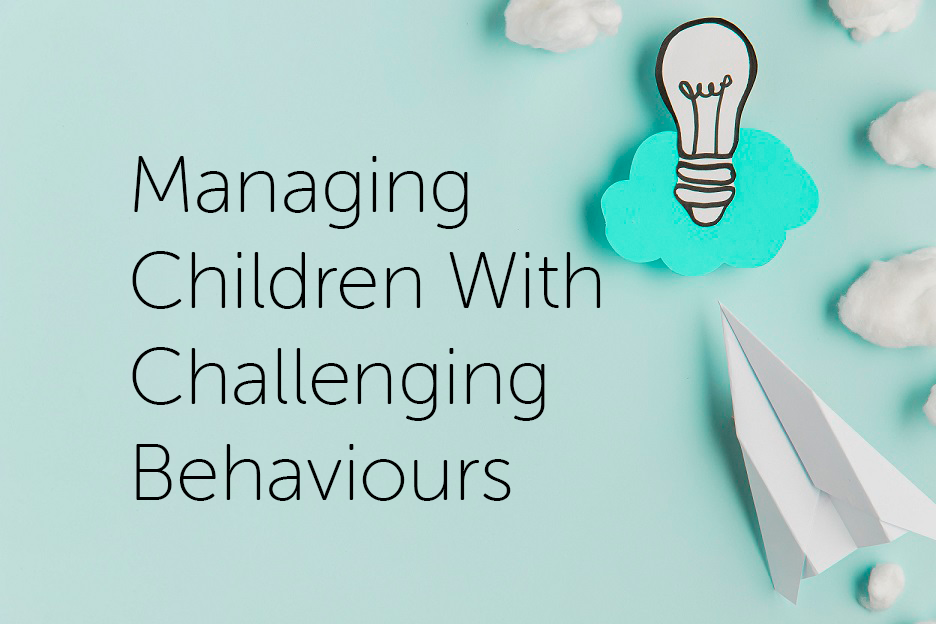by Esther Che, Assistant Psychologist at Epworth Literacy.
Parenting is partly frustrating, worrying, enriching but, yet, rewarding. It can be exceptionally stressful dealing with a child’s challenging behaviour during this period when parents still have to work from home. Being stuck at home more than before, is likely to lead to more conflicts and stresses for some families. Yet, just as nothing in the world is perfect, there is no one parenting approach that can perfectly address all situations.
When your child misbehaves, it is important to know that your child is not the “enemy”. Take time to understand the reason and purpose behind your child’s misbehaviour. It will help explain why your child is behaving in that way; and equip you with the right “tool” to manage that misbehaviour effectively. In different contexts, your child can have a different purpose for the same misbehaviour. Here are some practical tips when communicating with your child when he/she gets difficult.
WHAT IS CRITICAL IS NOT ABOUT ADOPTING A PARTICULAR PARENTING APPROACH. IT IS ABOUT THE WILLINGNESS TO UNDERSTAND, TO LEARN AND TO GROW TOGETHER WITH YOUR CHILD.
INSISTENCE
Mum: “Let’s finish up your math homework.”
Child: “I want to play games now, now, NOW!”
What would you do if your child insists on having things go their way? Pause to think about how you would react before reading on.
DOS
- Keep your calm; be firm; and maintain your stand.
- Acknowledge your child’s feelings and wants. For example, “I know that
you are upset because you cannot play now.” - Teach them the appropriate behaviour. For example, “I need you to
complete 2 pages of work first before we can play a game.”
DON’TS
- Give in to your child’s behaviour and accede to whatever request he/she makes. This will only increase the likelihood of them exhibiting more challenging behaviours in the future just to get what they want.
AVOIDANCE
Dad: “Let’s finish up your math homework.”
Child: “Okay. But I need to go to the toilet.”
“I need to look for my pencilcase.”
“Wait. I need to get my waterbottle.”
“I forgot to flush the toilet. Let me do so now.”
There are endless number of reasons that children can give in order to avoid something that they do not want to do. Can you recount some of these experiences with your child?
DOS
- Find out what is it that your child is avoiding; and why he/she is doing so.
- Eliminate common excuses by asking your child to do what he needs to first. For example, using the washroom before starting the session.
- Provide your child with guidance for the task that he/she is avoiding due to its difficulty.
- Set small and manageable goals. For example, allow for a 5-minute break after completing 3 pages of homework.
- Praise your child’s for each of his/her success and obedience. This encourages and reinforce the good behaviour.
DON’TS
- Allow your child to escape and avoid the task at hand.
ATTENTION SEEKING
Child: “LOOK AT MEEEEE! I can balance on the chair with one leg!”
Children seek attention for different reasons. Through trial-and-error, they figure out what gets them attention and what don’t. Thus, it is important to teach them how to get attention in appropriate ways.
DOS
- Ignore the inappropriate behaviour and allow your child to calm down.
- Give positive attention to your child throughout the day. This improves the relationship with your child and reduces the need for him/her to clamour for your attention.
- Take every opportunity to praise your child for good behaviour and making wise choices.
- Teach your child to know when and how to seek attention appropriately. For example, to come to you when you are taking a break from your daily work/chore.
- Encourage your child to sit next to you and talk in an even tone.
DON’TS
- Being engrossed with your own work or chore.
- Not interacting with your child throughout the day.
- Ignoring your child’s good behaviour.
- Ask your child to play on his/her own.


